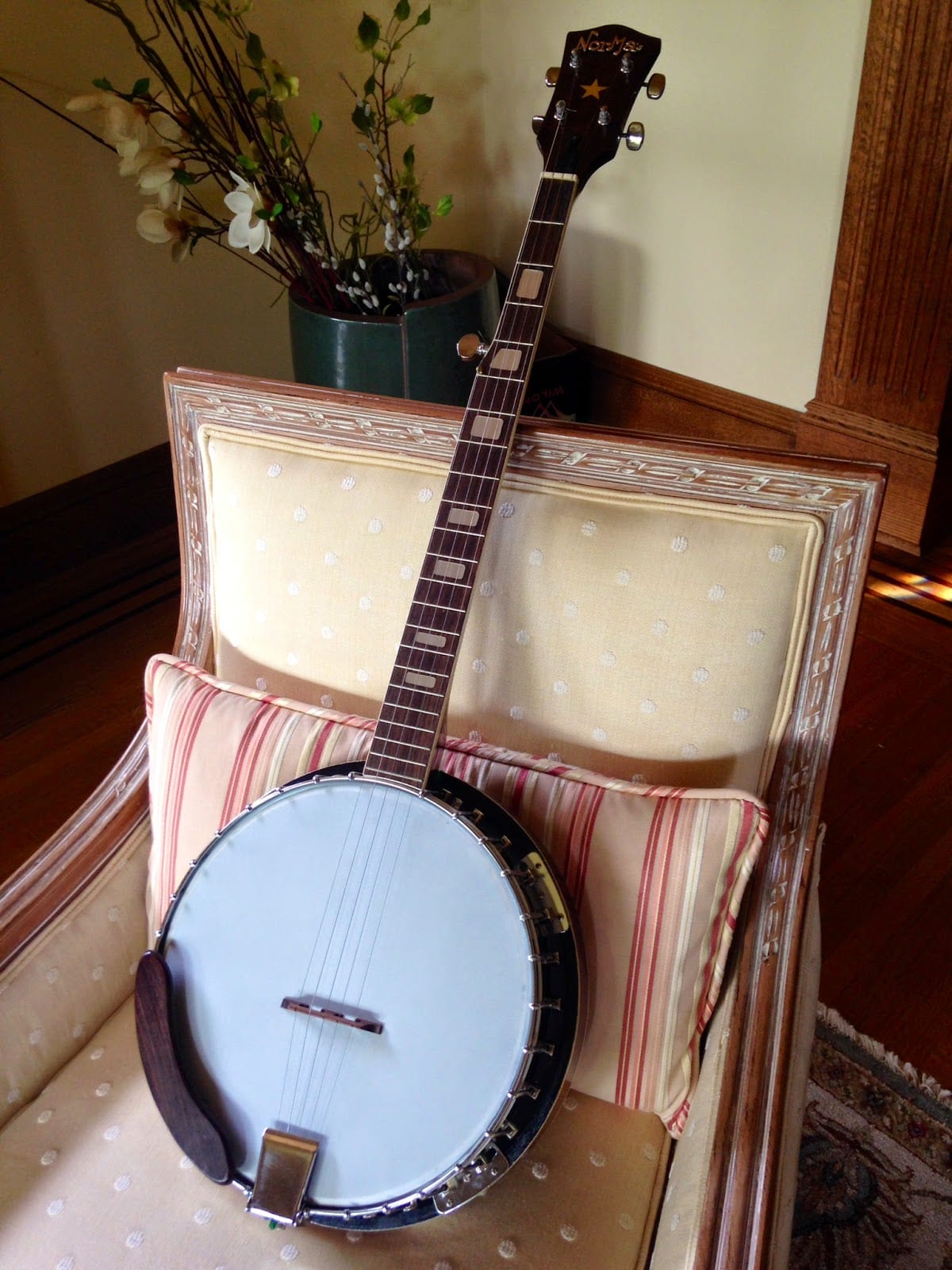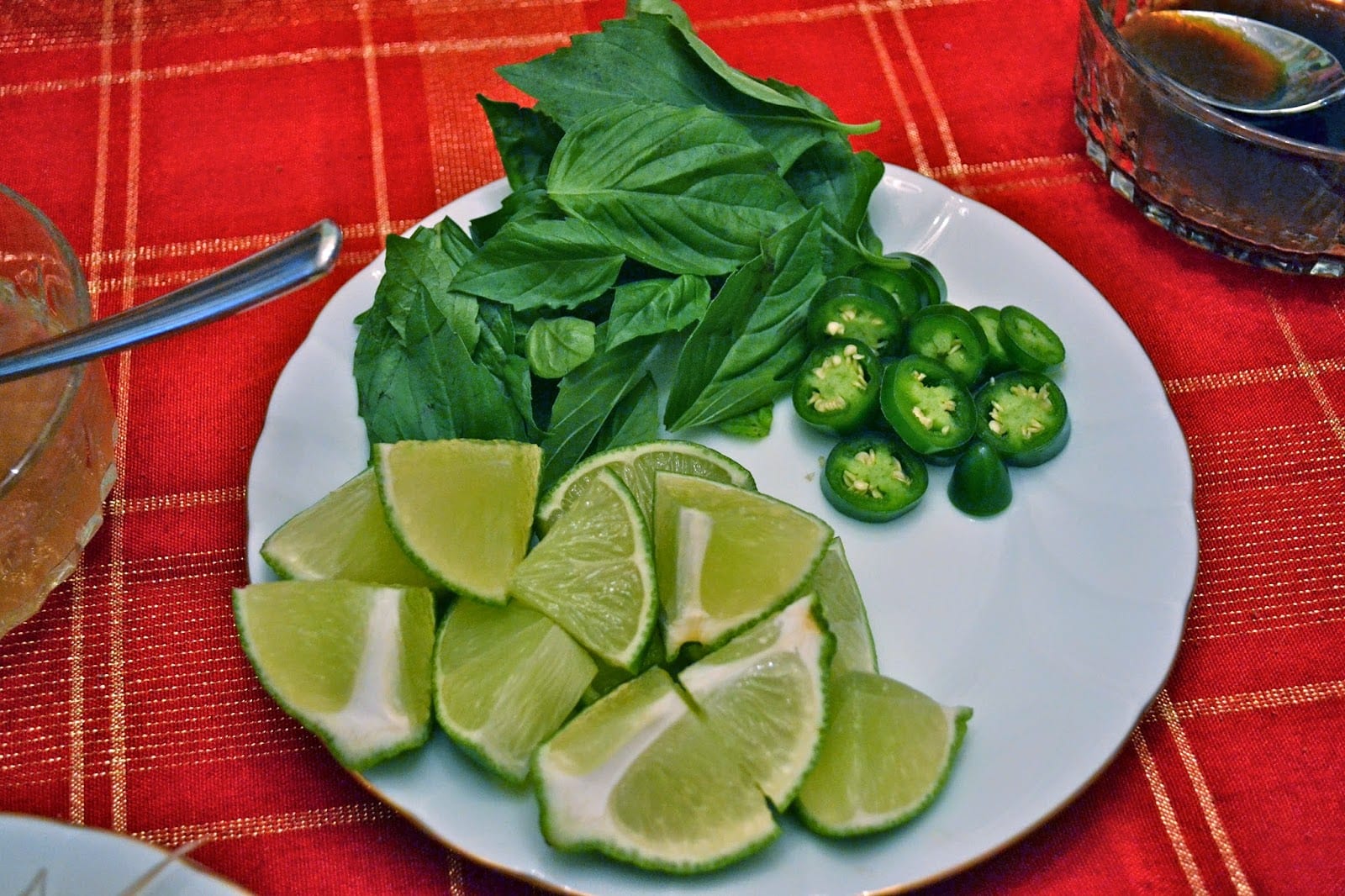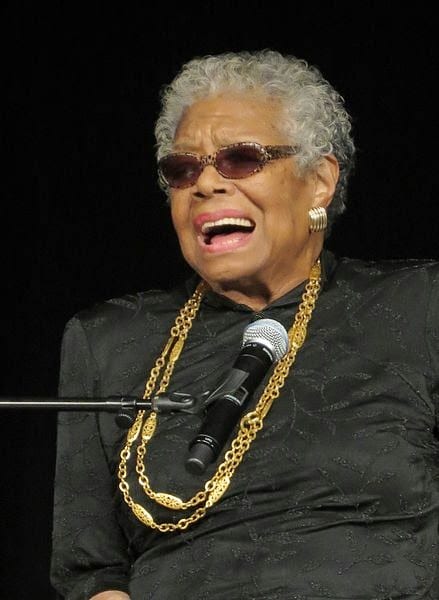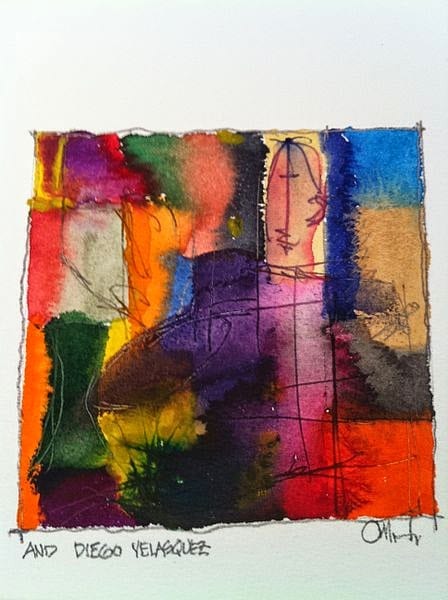Eleven wine glasses. Stained with lipstick prints and puddles of dark red wine in the bottom, too tall for the dishwasher, sitting in a cluster next to the sink waiting for me to wash them. Remnants of last night’s book club meeting where we sat and talked about Sue Monk Kidd’s “The Invention of Wings,” our conversation straying to the challenging history of race in the United States and the recent rash of car burglaries and home invasions in our community. We agreed that we all sit in a place of privilege, but that we are not separate or immune, that awareness of and compassion for the lives of others is vital. We talked about our children and the ways in which their world is so different from the days of slavery in the South and how many strides we have made, not discounting the distance we have yet to go.
This morning I was grateful for those glasses and the opportunity to stand quietly and wash them one by one. I let the warm water run over my hands and imagined it melting the tension in my chest, the fear I brought home with me from driving this morning’s carpool. As I soaped first the outside and then the inside, swiped the rim of each glass and then the stem, I reveled in the methodical work. Last weekend there was a gang shooting a few blocks from the girls’ school and the park where they hang out at lunch was quickly host to a growing memorial for the 24-year old who was killed. The side of the school building became a display of sadness and love for the young man and school officials decided to leave it up until after his funeral to honor the community’s grief.
Last night I praised the school’s handling of the issue, the way they talked openly in community meeting with the students about the incident and let them ask as many questions as they wanted. The staff were sure to use the victim’s name and the girls repeated it often throughout the week. Eve shook her head as she told me he had two young children. Some of the girls were upset that their school had been defaced by the graffiti, and others were angry that they can’t go outside at lunch any more for a while.
“Even though we may not be able to understand why someone would post graffiti on the school, we have to honor their process so long as it doesn’t harm us. Like it or not, our school is part of that community and it’s important to acknowledge that,” I told the women in our group.
In the middle of the night, there were two more shootings within blocks of the school and I woke up to an urgent email detailing the increased police presence that would be at school today. All outdoor activities were postponed, including the bike ride Lola’s entire class was to go on today. When Lola found out, she buried her head under the covers and burrowed down to the bottom of her bed.
“I don’t ever want to go to the park again.”
I wondered what it must be like for her to have a constant reminder of the young man’s death every time we drive by and see the memorial site, black and white balloons floating from the street sign above a collection of candles and stuffed animals and a bottle of whiskey. That park where she and her friends play tag and shoot baskets and swing as high as they can go. Will it be forever marred in her mind?
I was thrilled to be the parent driving carpool this morning, if only so that I could see my girls safely from door to door. After they were inside, I stopped to talk with other parents clustered around on the sidewalk in the shadow of a huge police officer who kept a watchful eye up and down the block. Overnight, the graffiti in the neighborhood had bloomed, anarchy signs tagged in red on every block and a few posters pasted on signs declaring “The only good cop is a dead one.” My sternum was locked up tight. The first victim’s funeral service is to be held on Monday and I am afraid of what will happen over the weekend.
One by one, I washed the stains from the glasses and turned them upside-down to dry on a kitchen towel. Thoughts flitted through my mind, dissolving as quickly as they formed like so many soap bubbles. In the suburbs, I worried less about random street violence. Is this the beginning of an uptick in gang warfare? Is there something substantive I can do to make a difference? As a white, middle class woman, would my showing up to try and do something be more offensive than not? None of my musings had any weight or substance and I washed them down the drain.
I am driving carpool this afternoon, too. Until then, I will sit with this fear and examine it. I will do my best not to act from it and honor my own process. I have compassion for the families involved, who have lost sons and fathers and brothers, but today I think of my children. Today, I will think about how to shine a light on what is good and hopeful and promising in our lives so that I can show up for Eve and Lola feeling grounded in love instead of rooted in fear. It may take all day, but that is my task.








